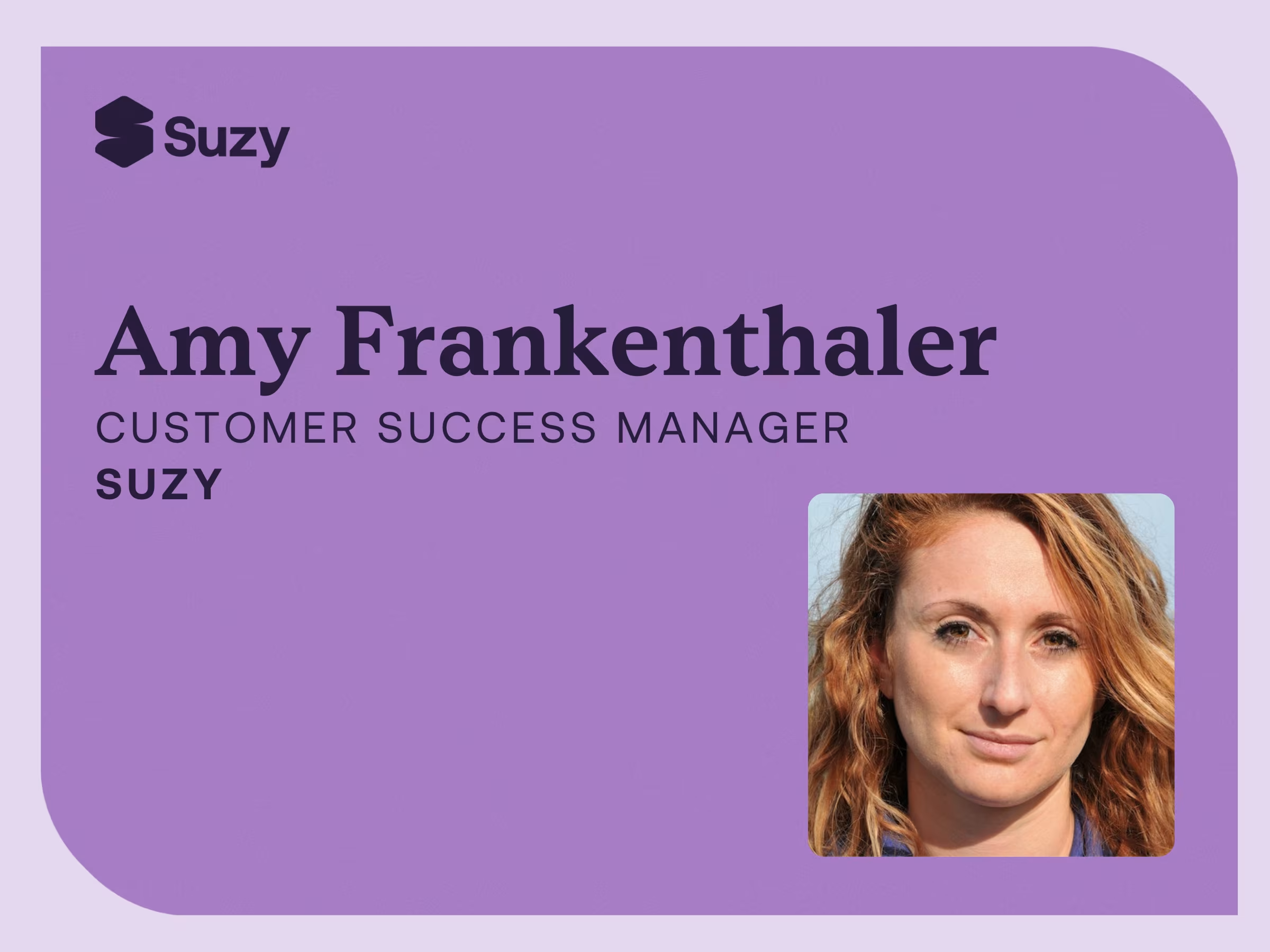Spending on influencer marketing is on the rise, as marketers look to tap authentic voices to help drive awareness, inspire consumers, and drive sales.
But who are the most trustworthy influencers?
- Celebrities?
- The Instagram influencer?
- The TikTok creator with a few thousand followers?
Would it surprise you if I said the answer is “none of the above”?
I teamed up recently with Suzy to survey a representative sample of consumers ages 13+ including questions about who they trust for product and brand recommendations and why. On a continuum from “a lot” to “some” to “not at all,” almost half (49%) of those consumers say they don’t trust celebrity influencers “at all.” Other influencer groups fare only slightly better. (Even ads outrank influencers in trustworthiness!)
Instead, it’s everyday influencers, like friends and family, online reviews, and your own employees who are the most trusted sources for product and brand recommendations. Circles of trust are becoming more local.
Brands need to evolve the way they think about influencer marketing and capitalize on a changing landscape for social influence. To do so, marketers need to know the four important types of everyday influencers that consumers trust most.

Four types of everyday influencers
Friends, family, and coworkers
91% of survey respondents trust their friends and family for advice or ideas on products or brands to buy, with nearly half (47%) saying they trust them “a lot.” These are the types of personal relationships that consumers can trust. After all, they believe that these people have their best interests at heart.
One survey respondent said, “Out of all the information sources available to me, I trust my family and friends the most in general and specifically to know what products would be appealing to me.”
Ratings and reviews
Next, consumers see ratings and reviews as a highly authentic source for information about a product or brand. A third (35%) trust reviews “a lot” and another 52% have “some” trust in them.
Employees as influencers
Employees rank third on the list of everyday influencers. While only 16% of people trust them “a lot,” another 58% say they trust the advice they receive online or in-store from brand employees “some” for a total of 74%
Online communities
The communities people belong to or browse online are trustworthy when it comes to products or brands to buy, according to 68% of consumers (19% trust them “a lot” and 49% “some”). Consumers aged 18-24 are the most likely to trust online communities “a lot” while older consumers trust them less.
What doesn’t work as well?
Celebrity influencers
Nearly half (49%) of respondents said they didn’t trust celebrity influencers “at all” for advice or ideas on products or brands to buy. That may in fact be a sigh of relief for brands that don’t want to pay the steep price of a single celebrity post.
Respondents distrust celebrity endorsements because they don’t believe they are genuine thanks to financial incentives. Some said they weren’t sure that the celebrity actually used the product or had any expertise in the subject area.
Influencers who specialize in a subject area
Influencers that specialize were much more trustworthy in consumer eyes. About 40% of consumers said they trusted this group “some”. But over a third (33%) said they didn’t trust this group “at all”. Of the respondents that did not trust these influencers, it was because they are wary about paid posts.
Tapping into everyday influencers
It has been nearly 20 years since I published my book, The Influentials, where I noted that the most influential consumers are those with whom people have a personal relationship. Over time, the pendulum swung widely toward celebrities as influencers. Now it’s swinging back.
For brand marketers and communicators, “think local” when you think about influencer marketing programs. Find ways to engage with real, authentic, and trustworthy influentials by:
- Developing programs that trigger everyday influencers to share you with their friends and family.
- Encouraging authentic ratings and reviews.
- Including your employees in the mix, both online and in-store.
- Engaging with online communities where people who are passionate about your category and your brand congregate.
Influencer marketing has a bright future as long as marketers understand where the real influence comes from.
Ready to learn who influences your target customers?
Suzy™ is a real-time market research platform. Whether you’re a novice or an expert researcher, Suzy™ helps you make better, faster, more data-driven decisions. Our platform combines advanced research tools with the highest quality audience to deliver trusted insights in minutes.
.webp)







